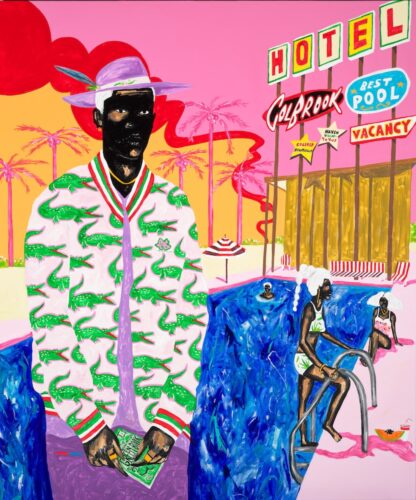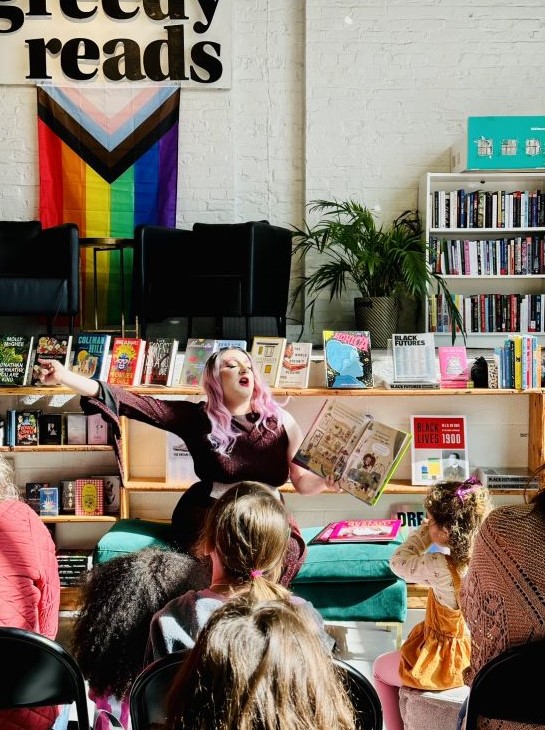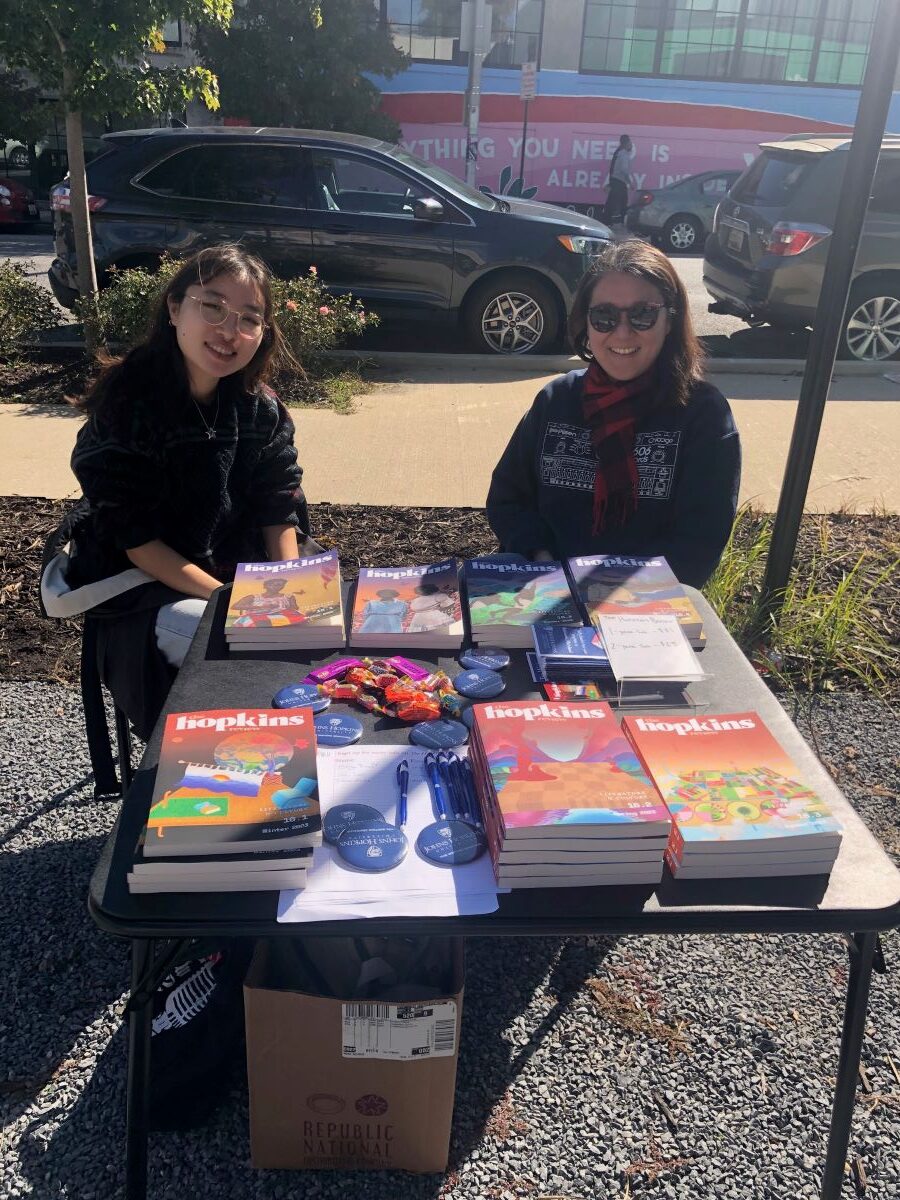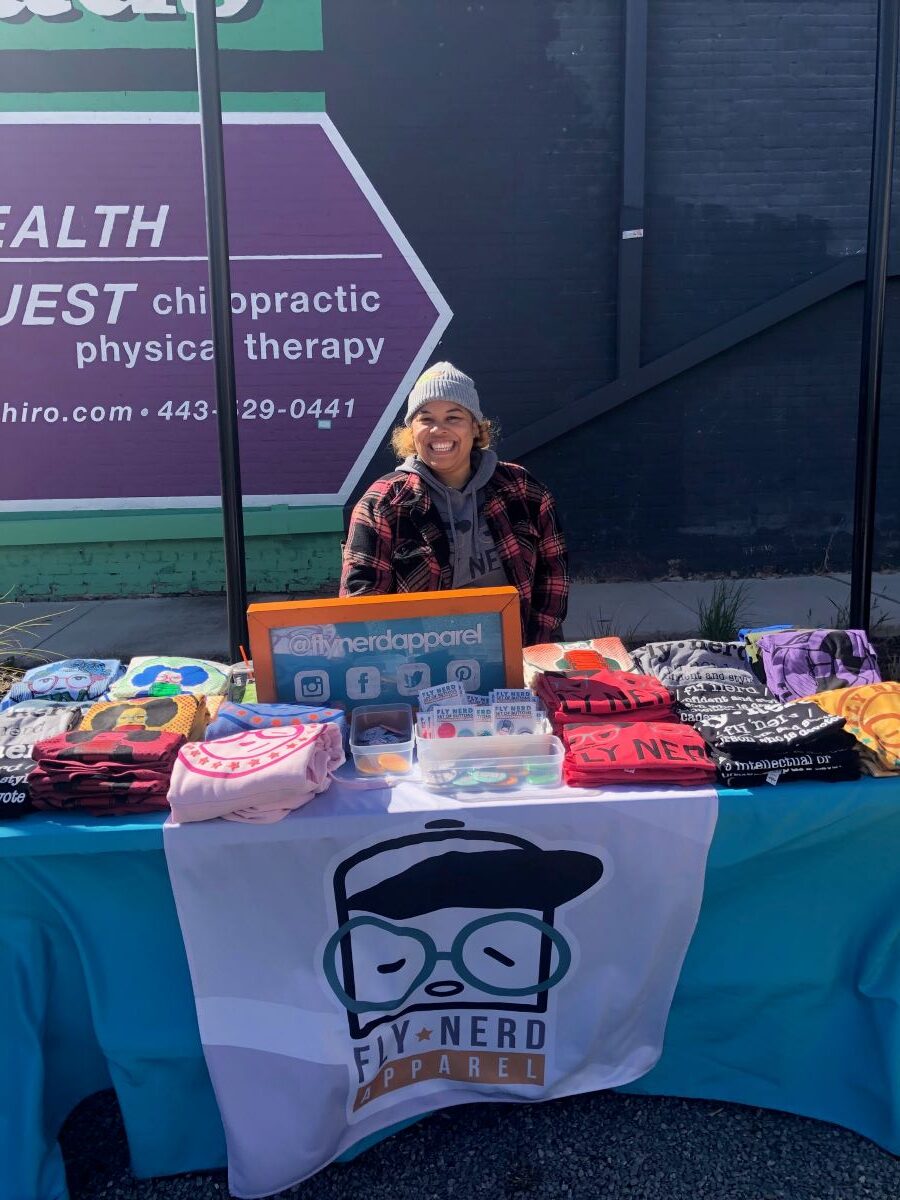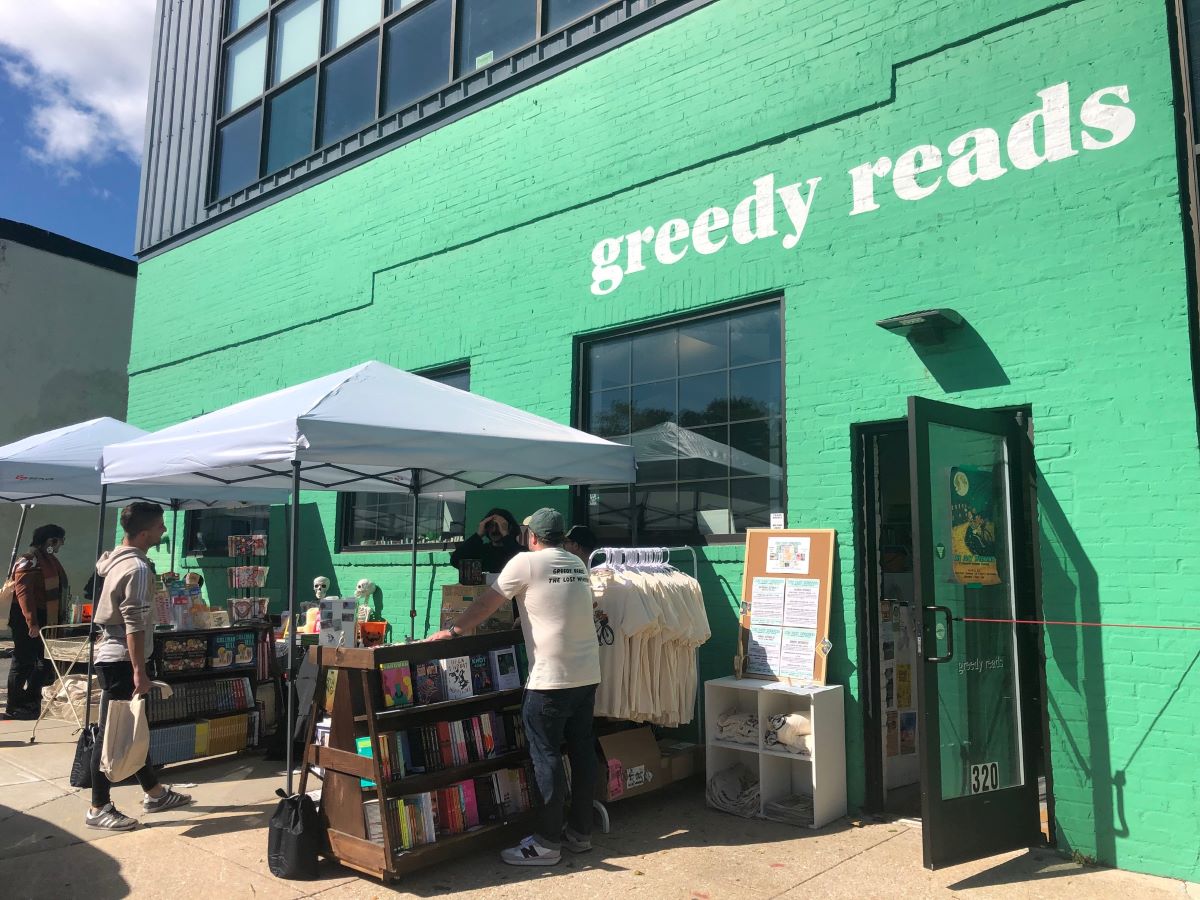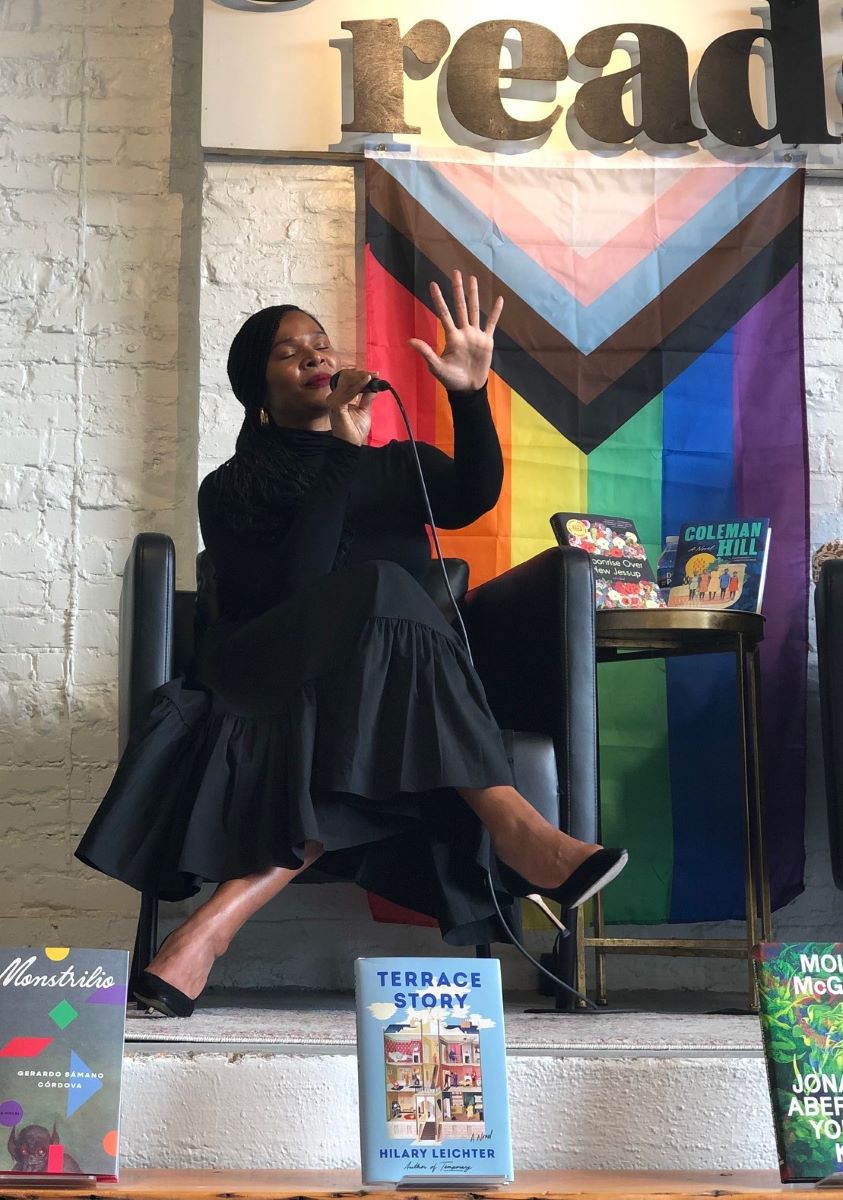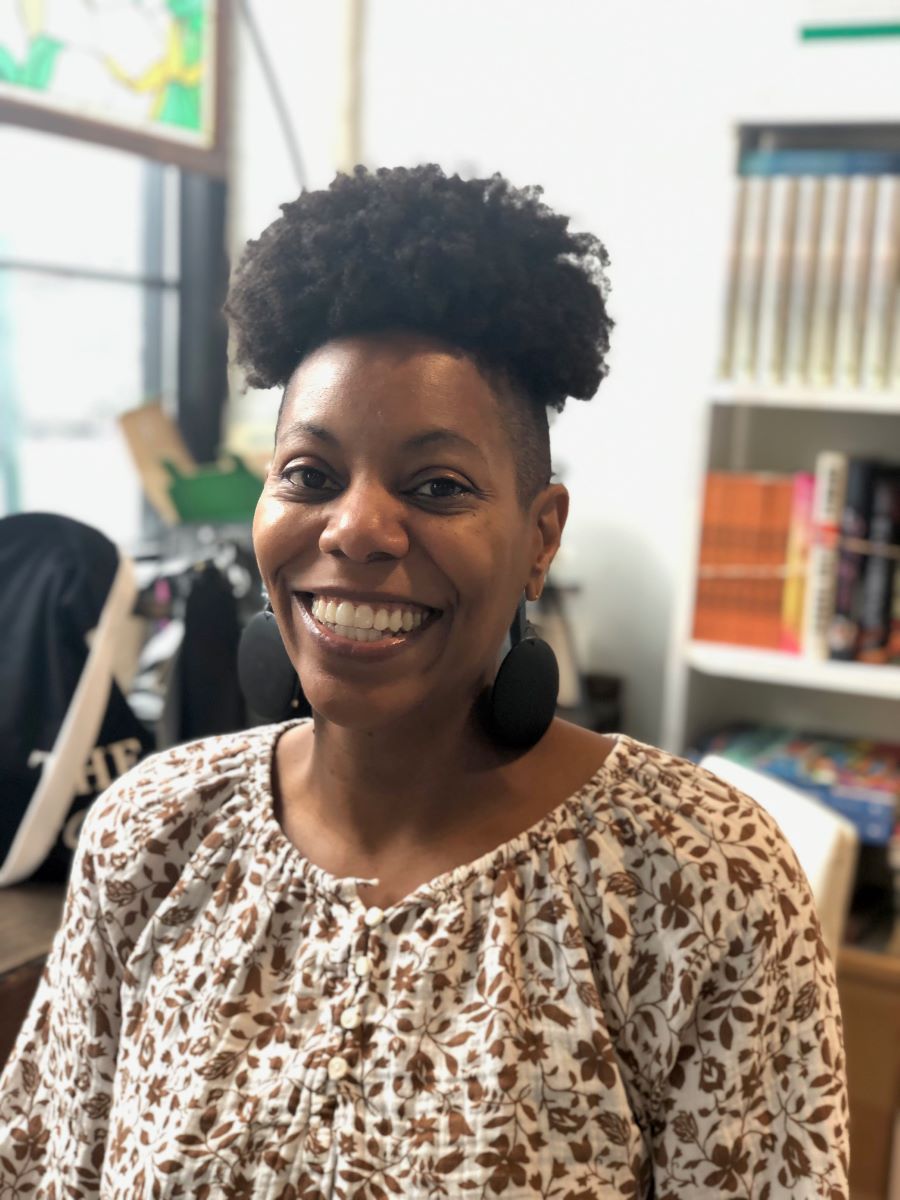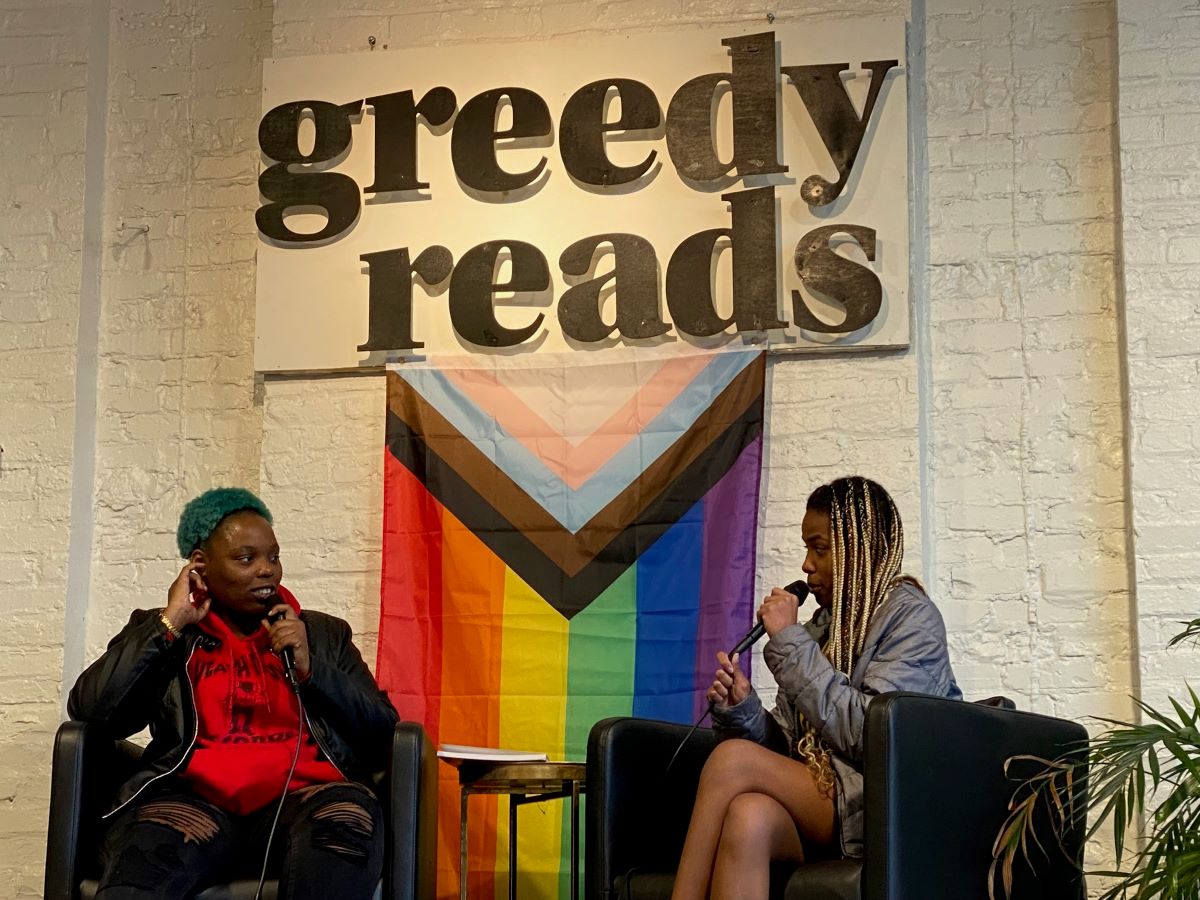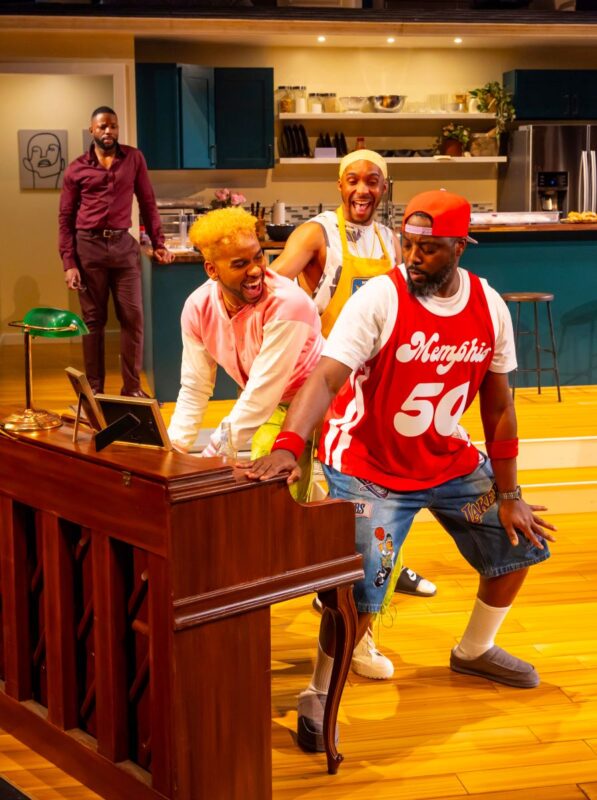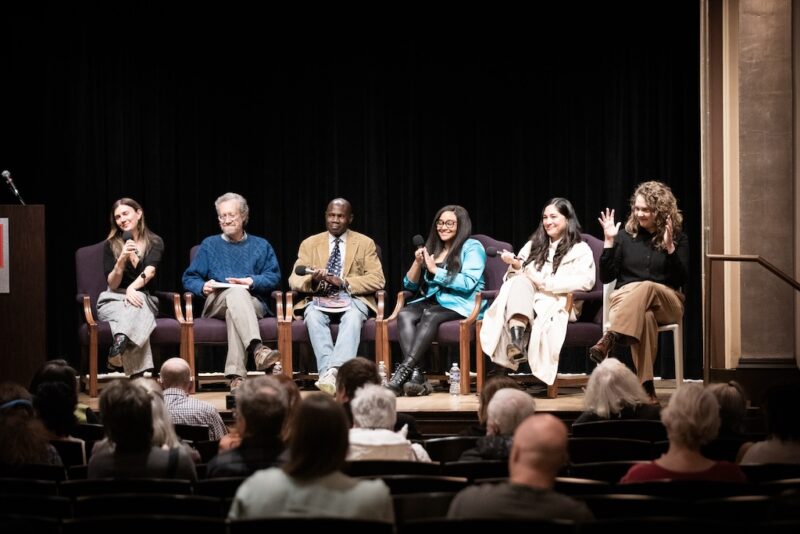I had been contemplating the meaning behind the name The Lost Weekend ever since I first heard about the community literary festival organized by Greedy Reads, one of Baltimore’s independent bookstores. But when I asked Julia Fleischaker, the owner of Greedy Reads, about it, she replied, “It’s not too deep! We liked the idea of losing a weekend to a celebration of books. Forget about your errands and the work you have to do and fall into our little celebration.”
Books tend to loom large at times, evoking the Pulitzer or the Nobel for literature, the stamp decreeing “New York Times Bestseller” or “Oprah’s Book Club,” the mandatory hush between library stacks, and the rows of encyclopedic tomes on display in the office of any given “very important person,” which are assembled, presumably, to communicate the person’s highly specialized education. But the second annual Lost Weekend was an intimate and fun event featuring something for Baltimoreans of all ilk.
From spooky drag story hour to a book launch featuring Baltimore City activists to historical fiction to queer horror to a poetry showcase by Baltimore youth poets, the emphasis was on books, authors, and topics that reflect the community which makes Baltimore what it is—a kaleidoscopic city inhabited by a sundry of talented folks and a bright spark shared by its various residents.
This includes the youngest, who had congregated on Saturday across the floor of Greedy Reads’ Remington location, hands wrist-deep in Cheerio containers, to listen to three spooky picture books for drag story hour. Mx. Bella kept the young audience interested by bellowing the lines theatrically and in tandem with oversized arm gestures. The storytelling was collaborative: Interacting with children and sharing a personal connection kept the young listeners attentive. “Have you ever felt shy?” Mx. Bella asked, discussing Gustavo, the shy ghost from the book; “Me, too.”
You wouldn’t think it from the sparkly jumpsuit featuring a bare shoulder and a single voluminous sleeve or the perfectly pink locks, but that was precisely what drove the point home for this sensitive and perceptive crowd.
